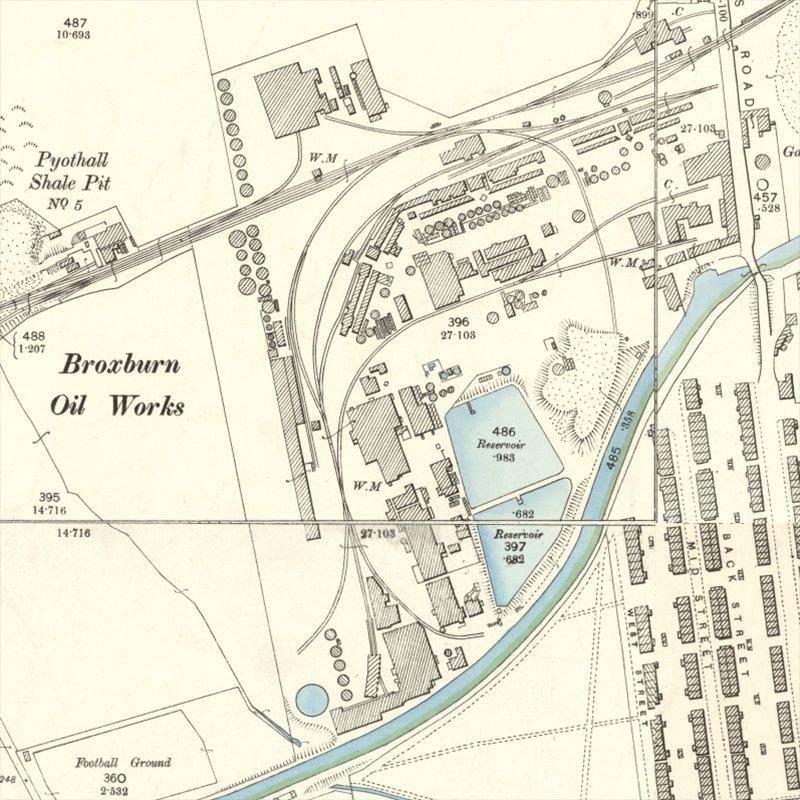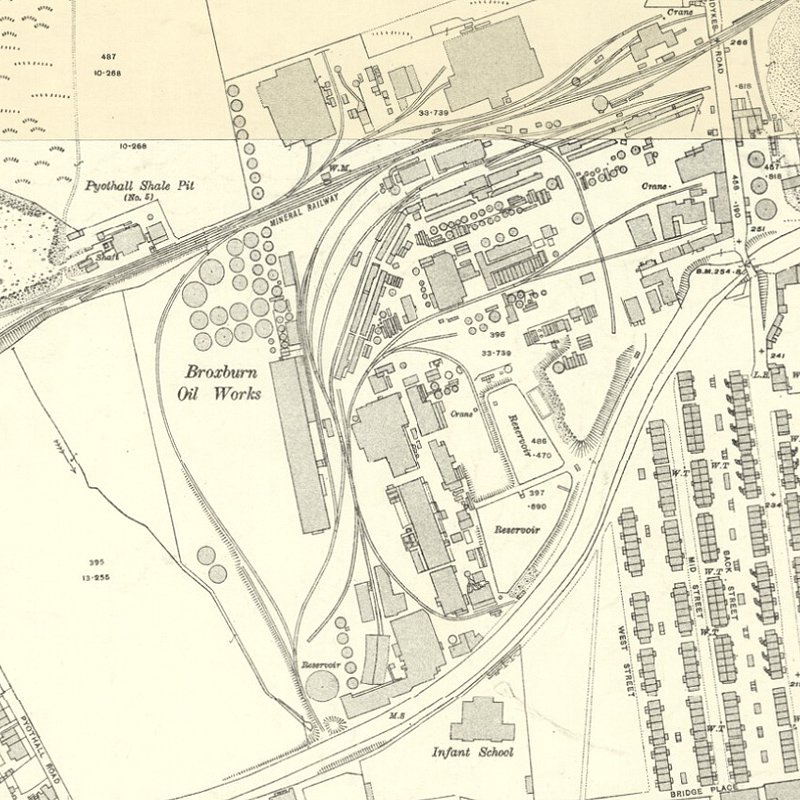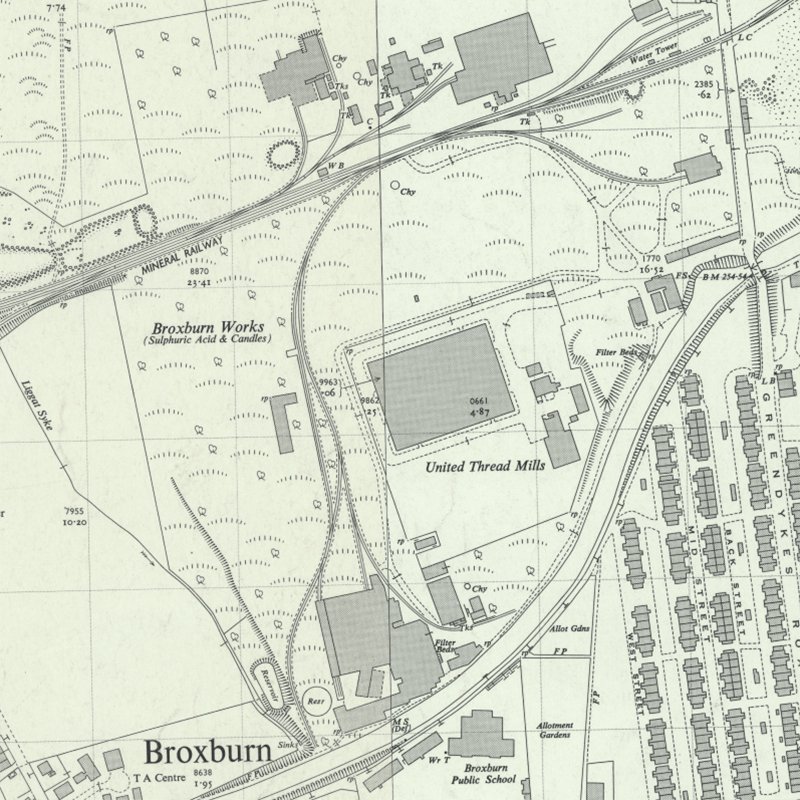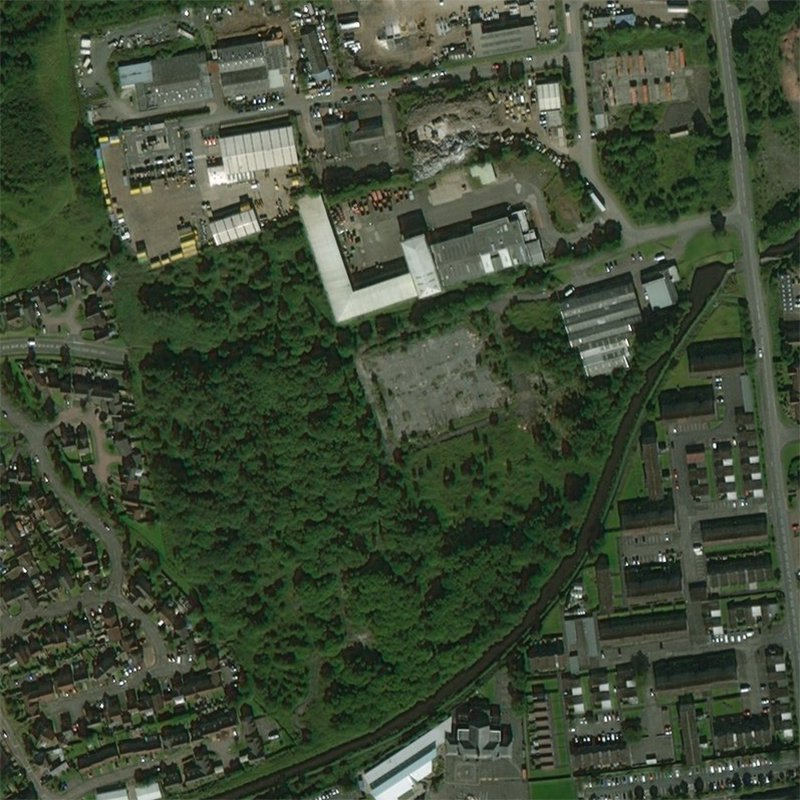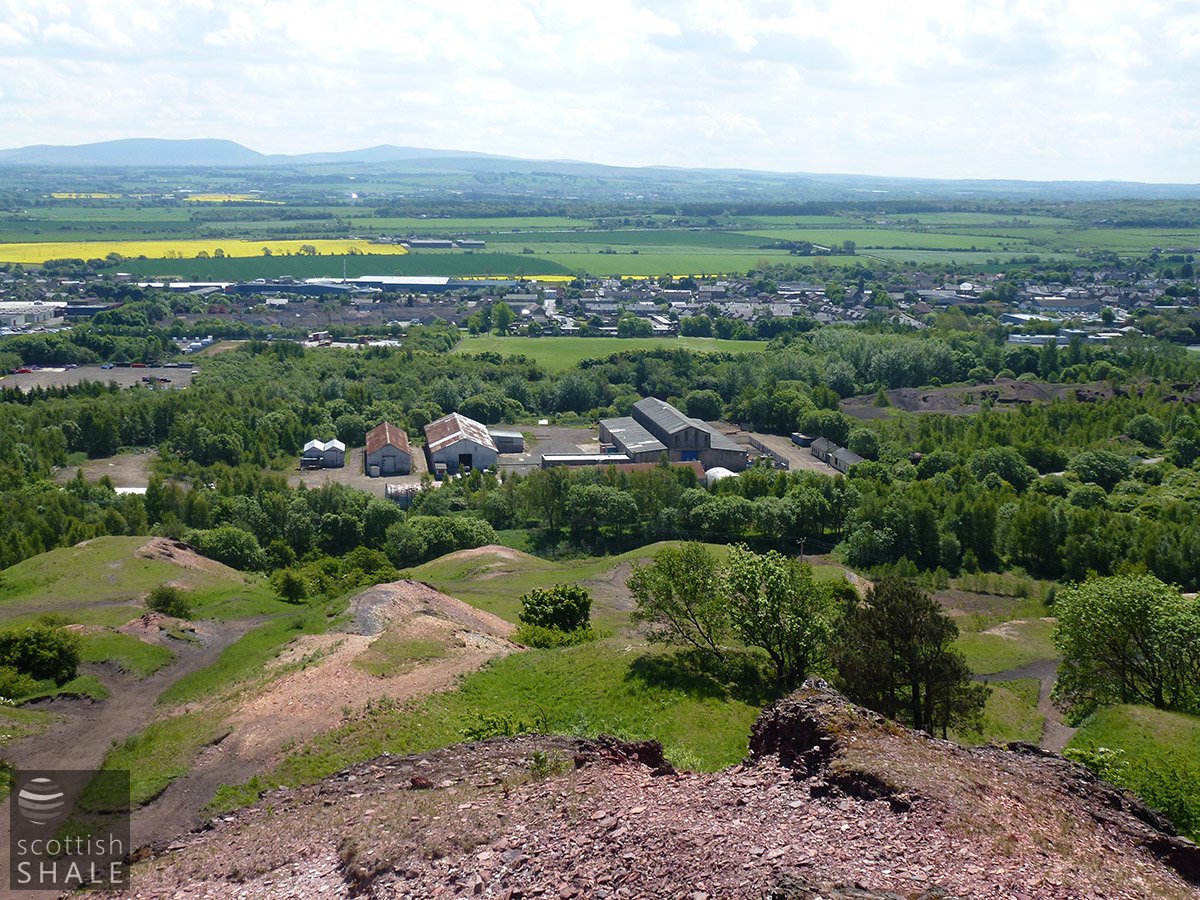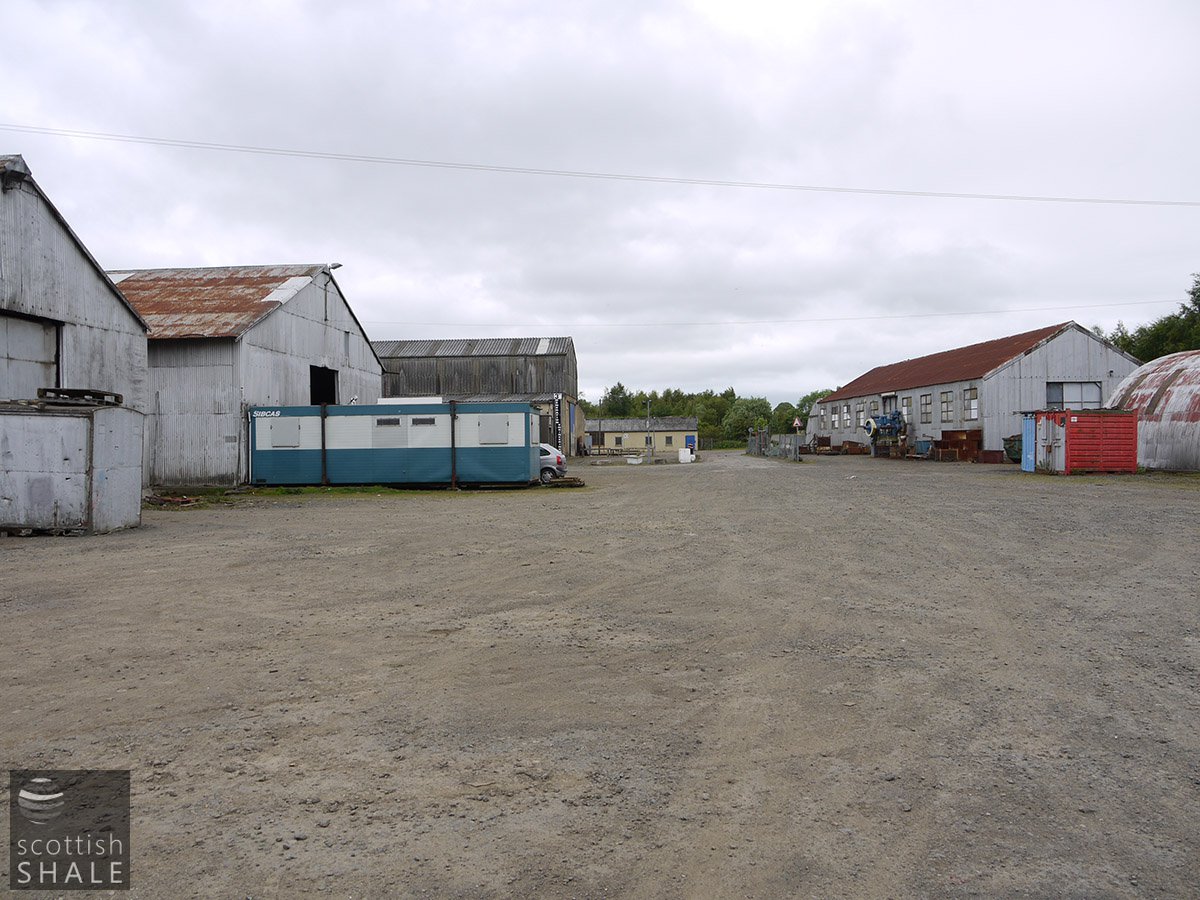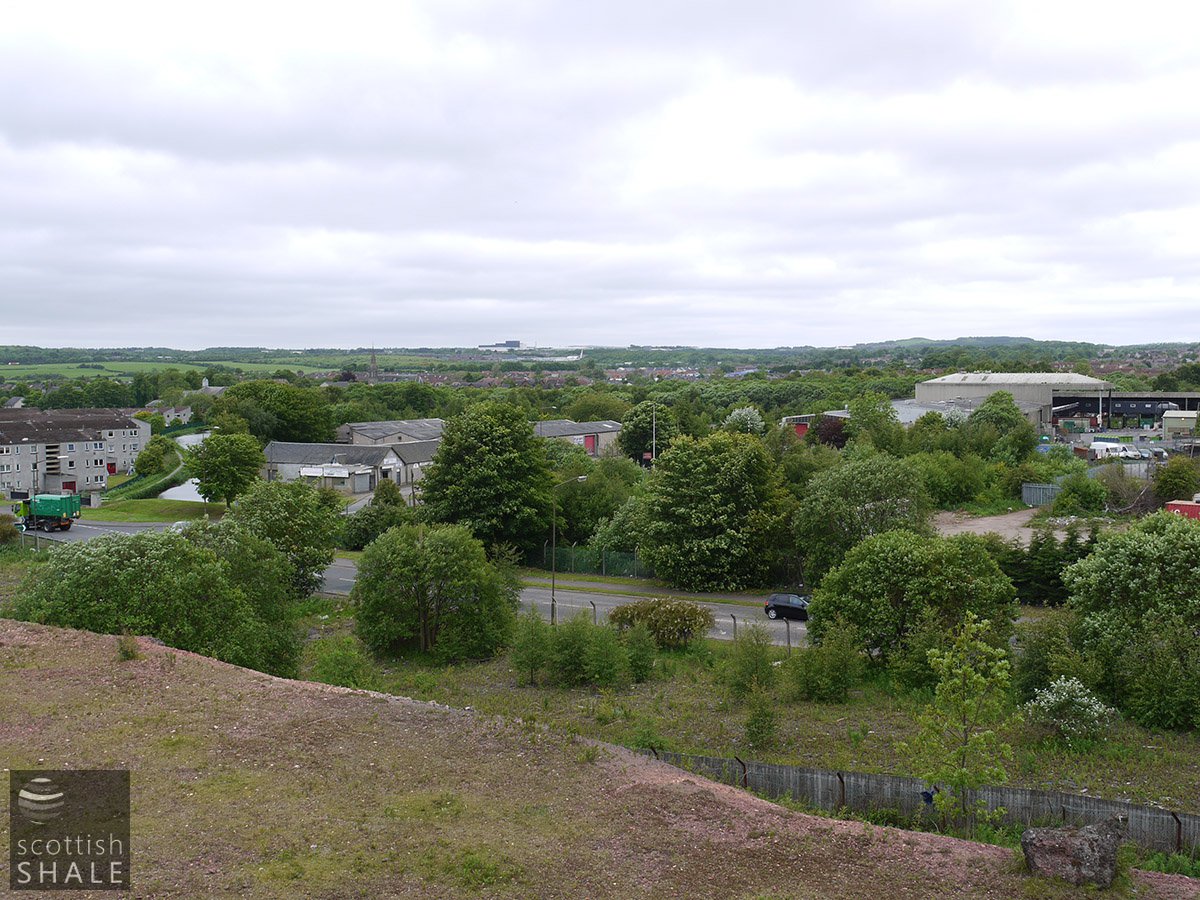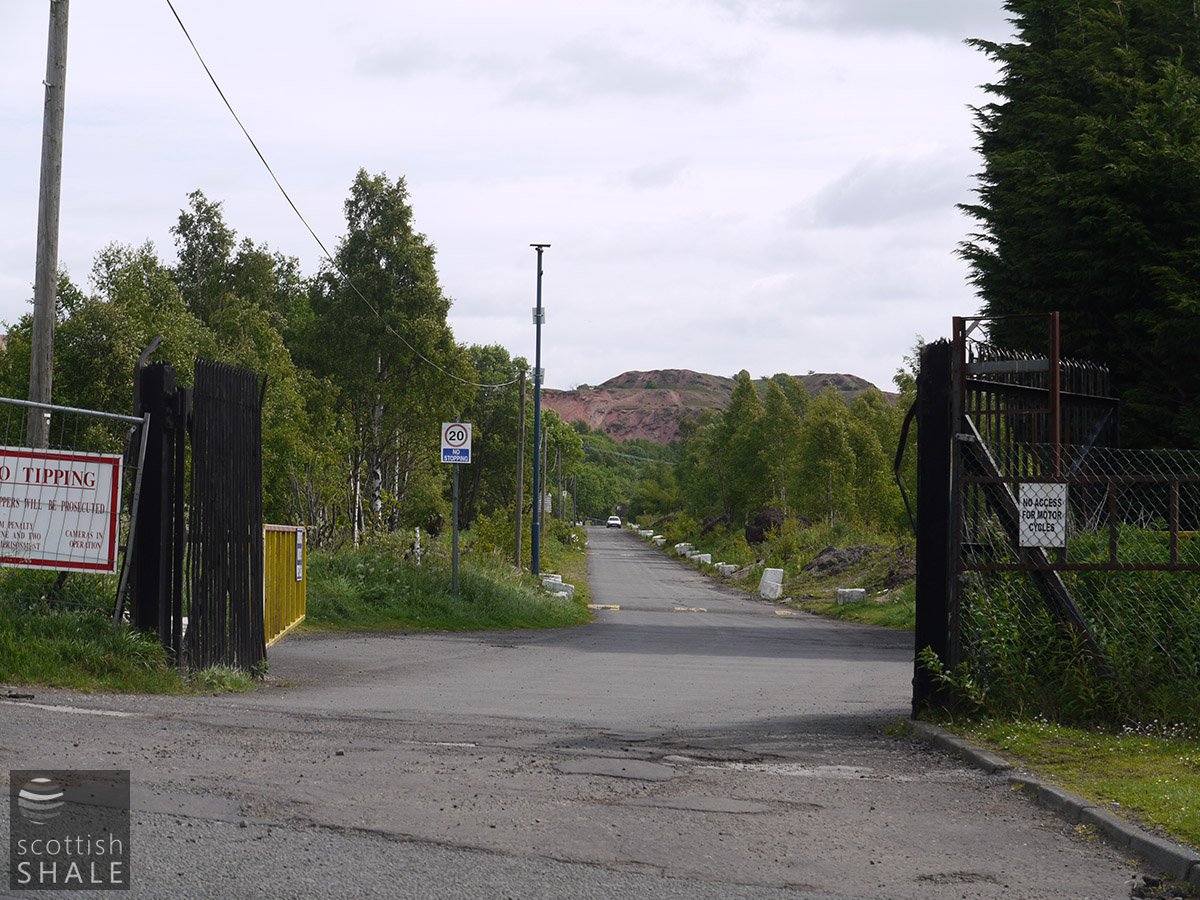- Aberdeen Oil Works
- Addiewell Oil Works
- Almondhill Oil Works
- Annick Lodge Oil Works
- Arden Oil Works
- Armadale Oil Works
- Auchenheath Oil Works
- Avonhead Oil Works
- Balgray Oil Works
- Ballat Oil Works
- Bathgate Oil Works
- Bathville Oil Works
- Bellsdyke Oil Works
- Bellsquarry Oil Works
- Benhar Oil Works
- Binnend Oil Works
- Birkenshaw Oil Works
- Bishop Street Oil Works
- Blackburn Oil Works
- Blackstone Oil Works
- Blackstoun Oil Works
- Blochairn Oil Works
- Boghall Oil Works
- Bredisholm Oil Works
- Breich Oil Works
- British Asphalte Oil Works
- Broxburn Oil Works
- Broxburn - Bell's Stewartfield Oil Works
- Broxburn - Albyn Oil Works
- Broxburn - East Mains Oil Works
- Broxburn - Greendykes Oil Works
- Broxburn - Hallfarm Oil Works
- Broxburn - Hutchinson's Oil Works
- Broxburn - Poynter's Oil Works
- Broxburn - Steele's Oil Works
- Broxburn - Steele's Stewartfield Oil Works
- Buckside Oil Works
- Burngrange Oil Works
- Calderbank Oil Works
- Canalbank Oil Works
- Champfleurie Oil Works
- Clippens Oil Works
- Cobbinshaw North Oil Works
- Cobbinshaw South Oil Works
- Coneypark Oil Works
- Craigie Oil Works
- Crown Point Oil Works
- Dalmeny Oil Works
- Deans Oil Works
- Doura Oil Works
- Drumbow Oil Works
- Drumcross Oil Works
- Drumgray Oil Works
- Dryflat Oil Works
- East Fulton Oil Works
- East Hermand Oil Works
- Eldin Oil Works
- Falkirk Oil Works
- Fergushill Oil Works
- Forthbank Oil Works
- Forth & Clyde Oil Works
- Gavieside Oil Works
- Grange Oil Works
- Grangepans Oil Works
- Greengairs Oil Works
- Hareshaw Oil Works
- Hartwood Oil Works
- Hawick Oil Works
- Hermand Oil Works (1866)
- Hermand Oil Works (1883)
- Holmes Oil Works
- Hopetoun Oil Works
- Hurlford Oil Works
- Inkerman Oil Works
- Inverkeithing Oil Works
- Kilrenny Oil Works
- Kilwinning Oil Works
- Kirkmuirhill Oil Works
- Kirkwood Oil Works
- Lanark Oil Works
- Lanemark Oil Works
- Levenseat Oil Works
- Limerigg Oil Works
- Linwood Oil Works
- Loanhead Oil Works
- Lochburn Road Oil Works
- Lochgelly Oil Works
- Longrigg Oil Works
- Magdalene Oil Works
- Methil Oil Works
- Millburn Oil Works
- Nettlehole Oil Works
- Niddry Castle Oil Works
- Nitshill Oil Works
- Oakbank Oil Works
- Palacecraig Oil Works
- Pathhead Oil Works
- Patterton Oil Works
- Pentland Oil Works
- Philpstoun Oil Works
- Port Dundas Oil Works
- Possil Oil Works
- Pumpherston Oil Works
- Raebog Oil Works
- Riggend Oil Works
- Rochsoles Oil Works
- Rochsolloch Oil Works
- Roman Camp - Almondfield Oil Works
- Roman Camp - Cawburn Oil Works
- Roman Camp Oil Works (1892)
- Roman Camp - Shale Oil Works
- Rosebank Oil Works
- Roughcraig Oil Works
- Rumford Street Oil Works
- Seafield Oil Works
- Shawsburn Oil Works
- Sheepford Locks Oil Works
- Shettleston Oil Works
- Shotts Oil Works
- Stand Oil Works
- Stanrigg Oil Works
- Stonehouse Oil Works
- Straiton Oil Works
- St. Rollox Works
- Swinehill Oil Works
- Tarbrax Oil Works
- Uphall Oil Works
- Uphall - Railway Oil Works
- Uphall - Wyllie's Oil Works
- Vulcan Chemical Works
- Wardend Oil Works
- Wattston Oil Works
- Westfield & Capeldrae Oil Works
- Westwood Oil Works (1941)
- Westwood Oil Works (1866)
- Whitebog Oil Works
- Whitehill Oil Works (Lanarkshire)
- Whitehill Oil Works (Midlothian)
- Whiterigg Oil Works
- Woodhall Oil Works
Broxburn Oil Works
This entry relates to the Broxburn Oil Company's crude oil works, often referred to as Albyn oil works, constructed on the site of the earlier Albyn Oil Works, and also the Broxburn Oil Company's Broxburn oil refinery, candle works and sulphuric acid plant on the west side of Greendykes Road.
Redwood noted:
"In 1877 the famous Broxburn Oil Company, Limited was floated, with a capital of £180,000. This company bought up the oil work and shale-fields acquired by Bell in 1862. Bell, besides being a large stock-holder, also took and active interest in the management of the company, which latter has been one of the greater successes in the history of the Scotch oil industry."
The history of early oil works in the Broxburn area is complicated (see an introduction to Broxburn's early oil works). During the 1860's and early 1870's various small-scale and often short-lived oil works and refineries operated in various parts of the town. Robert Bell, who held the local mineral rights, owned and operated some of these works and maintained a business interest in most of the others.
In 1877, the Broxburn Oil Company Ltd was formed to take over Bell's oil interests and develop a major oil works and refinery; the first in Scotland to challenge the scale of Young's Addiewell works. The Broxburn Oil Company Ltd's crude oil works were constructed on the site of Bell's Albyn Oil Works where oil had been produced from c.1865. Here new efficient Henderson Patent Retorts were constructed, designed by oil works manager Norman Henderson, which gave the Broxburn Oil Company Ltd a competitive advantage for many years.
When first formed, the company considered refining crude oil at Benhar Oil Works, previously operated by George Simpson. This option was soon discounted and a new refinery was constructed west of Greendykes road, about half a mile west of Albyn crude oil works. This separation was considered a wise precaution in case of fire or explosion. By 1882 the refinery was processing all of the crude oil produced by the company, and further investment ensured that all wax scale produced could be processed on site into wax and candles. In 1884 a vitriol works was started to produce all of the sulphuric acid needed in the refining processes.
In 1878 the crude oil work were equipped with 340 Henderson patent retorts, with 36 vertical retorts remaining from the earlier Albyn Oil Works. The Henderson retorts were renewed during the 1890's; six benches being in operation by 1896.
The crude oil works and the refinery both closed c.1926; and, after standing disused, the crude oil works were demolished c.1937 and the refinery c.1960. The candle works continued in production until the 1950's (operated by Candles Ltd of London from 1928 to 1940, and by Prices Patent Candles Ltdto 1957. The Broxburn Oil Company Ltd continued to operate the acid works until c.1962.
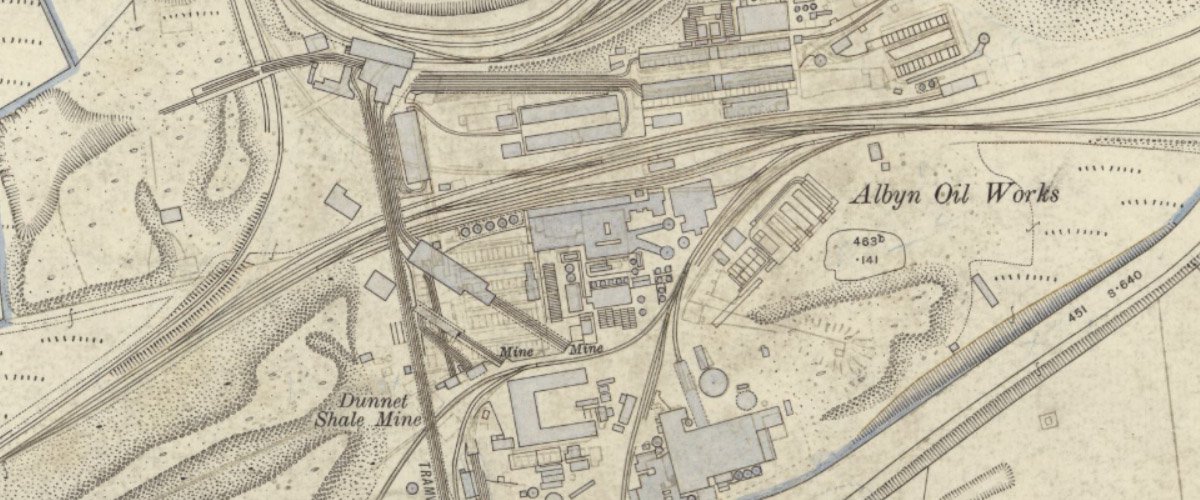
25" OS map c.1914., courtesy National Library of Scotland
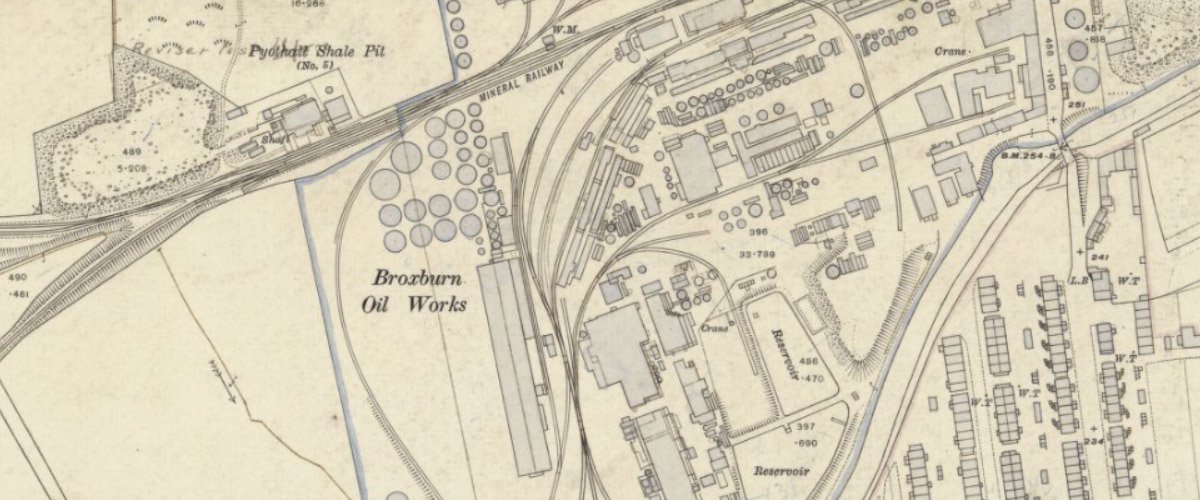
25" OS map c.1914., courtesy National Library of Scotland
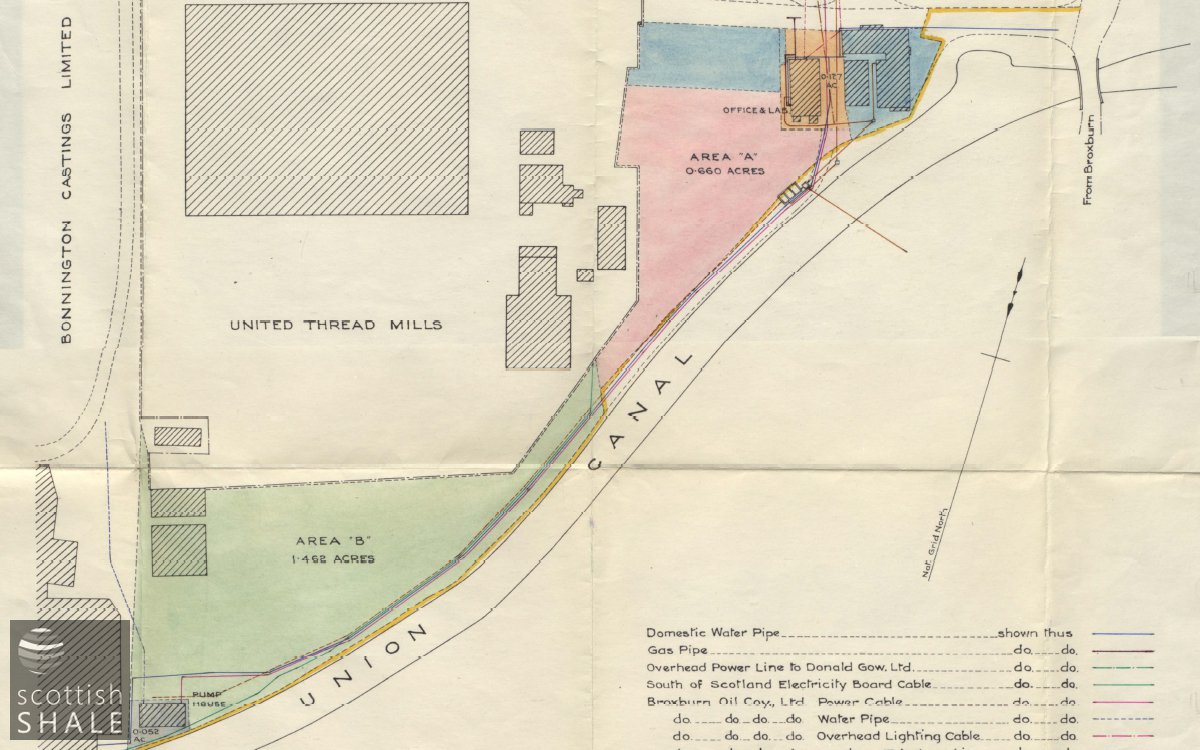
See full record, 143399
Archive images
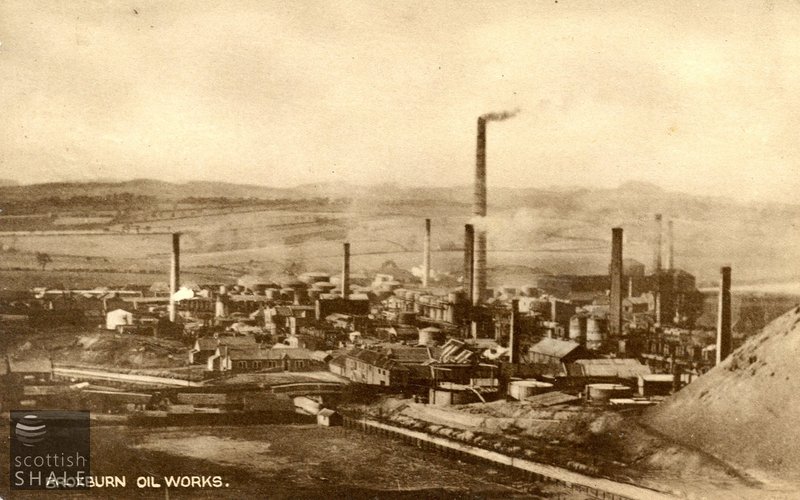
See full record, LVSAV2014.092
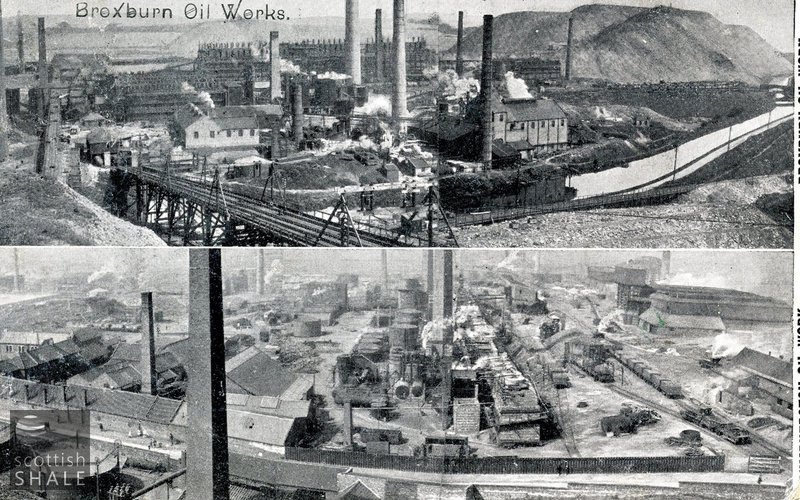
See full record, LVSAV2017.102
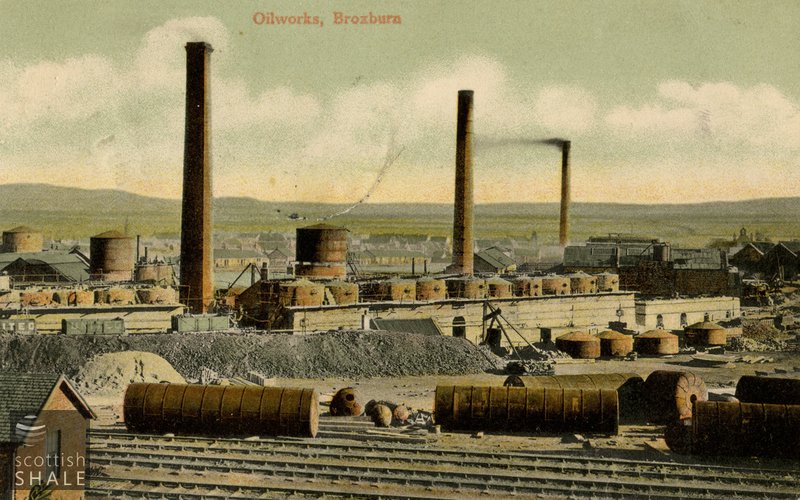
See full record, LVSAV2011.130
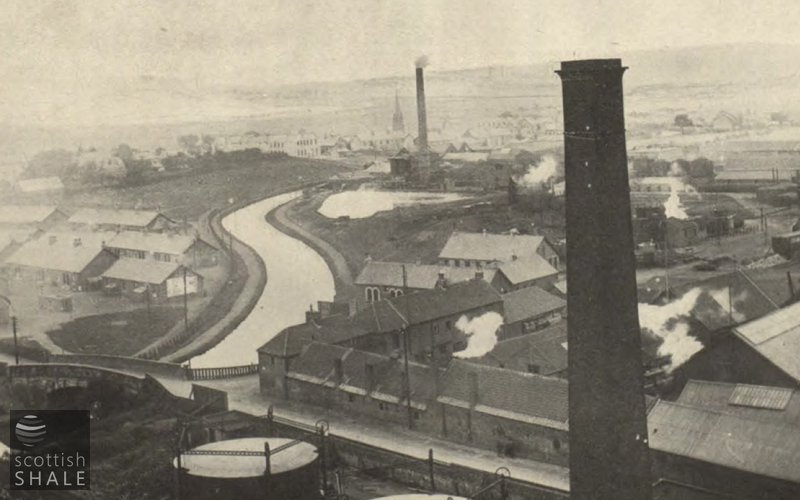
See full record LVSAV2012.005 page 37
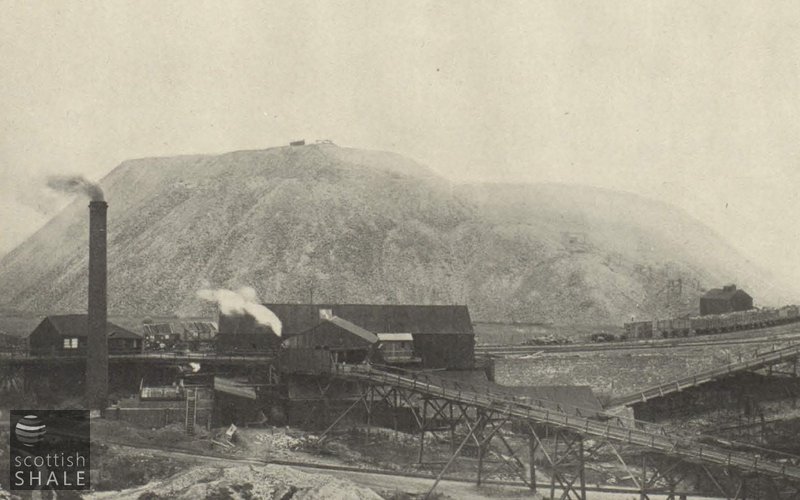
Breaker house, showing trams from mine and to retorts. Heaps of spent shale in rear, Broxburn, Scotland. See full record LVSAV2012.005 page 40
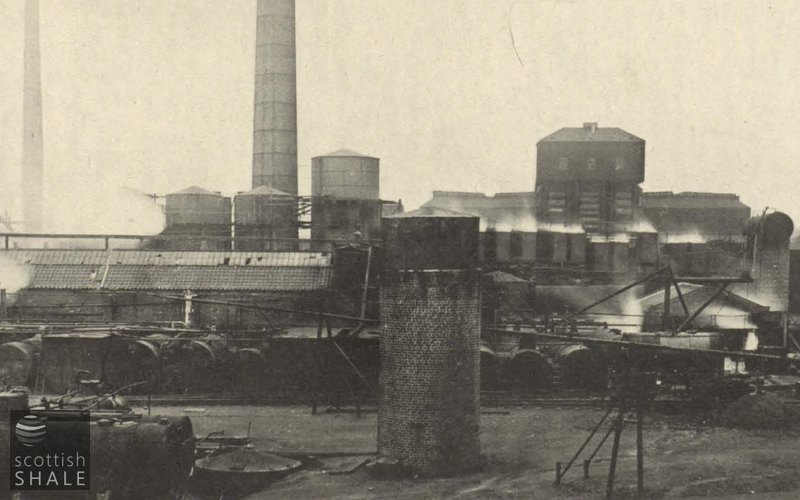
View in Refinery, Broxburn Oil Works, See full record LVSAV2012.005 page 48
Recent images
It was only twenty two months since it came into existence yet (the Broxburn Oil Company) at the present time had four mines in operation, capable of producing 700 tons of shale per day. The required 450 tons for their own works and other 200 tons they sold to other parties, so that ample provision had been made for all their demands. They had now in operation 340 of Henderson's patent retorts, and 36 of the old vertical retorts, making in all 376, capable of producing 4,500,000 gallons of crude oil per annum, as well as 950 tons of sulphate of ammonia.
Scotsman, 22nd September 1879
.......
ICE ACCIDENTS
A boy named Thomas Calderwood, five years old, was sliding across a pond at Broxburn Oil Works yesterday afternoon when the ice gave way, and the boy sank. His mother noticed him just as he was disappearing, and ran to his rescue, but the ice giving way she was also immersed. John Wilson, miners' agent, who was passing near, swam to their aid, and first the mother and then the boy were safely brought out. Both are in the way of recovery.
Edinburgh Evening News, 24th December 1886
.......
ALARMING FIRE AT BROXBURN OILWORKS
An alarming fire broke out yesterday afternoon in Broxburn Oilworks. It is supposed that a spark from a chimney had fallen through the manhole of one of the oil tanks, causing the gases within to explode with a loud report. Great volumes of smoke and flame at once shot up, and the works fire brigade were at once summoned. With a good supply of water, the men endeavoured to keep the tanks near the burning one as cool as possible, and it seemed as if they had succeeded in preventing further damage. About two hours after the first explosion, however, a second tank quite near to the other also exploded, and then a third. The oil escaping from these ran through the work in an almost solid mass of flames, and it seemed as if the fire would get beyond the power of the workmen to subdue. The laboratory and the refinery were threatened with destruction, but happily that was averted, and the flowing oil was damped down. The oil in the other adjacent tanks was then run off, and a plentiful supply of water, and sand applied to the centre of the outbreak, with the result that by six o'clock all further danger was averted.
The manager of the works reports that, notwithstanding the alarming nature of the outbreak, the damage is only about £50. Intense excitement reigned in Broxburn as each successive explosion was heard, and many people ran to view the fire. A woman named Mrs Robert Archibald, residing at 192 Mid Street, died from excitement on hearing the second explosion. She had run out, but was observed to fall immediately. On being carried into the house she died at once. Deceased had been suffering from a weak heart from some time.
Scotsman, 20th August 1897
.......
NEW RETORTS AT BROXBURN OIL WORKS. Broxburn Oil Co. Ltd have almost completed the erection of a new bench of retorts at their Albion Works. It is expected that the bench will soon be in operation. It will overtake a large output of shale and thus give miners more steady work than at present. The men have been having a lot of idle days for a considerable time back but the new bench should to a great extent remedy the matter, so that the present agitation of the union officials for eleven day's work per fortnight for the men may not be needed.
West Lothian Courier, 11th October 1907
.......
OIL SHALE AT BURNHOUSE AND CAMPS.
The Cleaning and Lighting Committee recommended that a lease be entered into with the Broxburn Oil Company of the oil shale, which may be found in the Corporation's property at Burnhouse and Camps. Mr Bruce Lindsay questioned the terms offered which included "royalty in the proprietors' option in lieu of fixed rent, 4d per 20 cwts of all shale raised and carried away from the lands, plus one thirtieth of the excess over 14s per ton of the net average annual value of the products manufactured from a ton of shale at this company's works." He argued this was less than the usual market value. Bailie Lyon explained that the price was the very same as was given in the case of contiguous property. At a later stage he pointed out that an expert's report was with the Committee in accepting the offer. He moved approval of the recommendation, and Bailie Stark seconded. Mr Bruce Lindsay, in moving that the matter be recommitted, reiterated that the rate was below the market rate. This sum of 14s per ton, which must be obtained, was one which even the expert himself said was not likely to be obtained. Mr Buchan seconded. On a division, the report was approved by 28 votes to 5.
Scotsman, 30th July 1913
.......
WOMEN WORKERS IN OIL INDUSTRY - EXPERIMENT AT BROXBURN
At Broxburn Oil Works yesterday female labour was introduced for the first time. The management of the Broxburn Oil Company are making the experiment in the candle-making department, where business at present is extremely brisk. The yield of paraffin wax from the company's works is plentiful, and the only difficulty preventing the due fulfilment of orders lies been the scarcity of labour. All attempts, by advertisement and by means of the Labour Exchanges, to obtain candle-makers having proved futile, the management decided to attempt the training of women, and accordingly a number were started yesterday, the women to be paid 15 s. per week during a three weeks' course of training in the making of candles, after which they will receive payment according to production on the same scale as male workers. It is understood that the employment of women is not intended to be a permanent system, but to continue only while the present pressure lasts. Home Office representatives who visited the oil works recently are believed to have indicated that the candle-making department of the works was the only one in which female labour could be properly introduced.
Scotsman, 25th January 1916
.......
BROXBURN OIL WORKS - ACCUMULATION OF SCRAP - CLOSING DOWN ECHO
At the Valuation Court for the County of West Lothian, held at Linlithgow yesterday - Mr J.T. M'Laren, Dalmeny, presiding—an important appeal was heard regarding the closing down of shale oil works at Broxburn.
Mr P.L. Miller, solicitor, Glasgow, who represented Scottish Oils (Ltd), appealed against the valuation of £6000 for Broxburn Refinery and Candle Works, and £6000 for Broxburn Crude Oil Works, and asked the Court to substitute £100 for the refinery, £700 for the candle works, and £ 100 for the crude oil works.
Evidence was heard.
THE DECISION TO CLOSE Mr William Fraser, managing director of Scottish Oils (Ltd.), said the refinery at Broxburn and Albyn Crude Oil Works were closed down on 11th November 1925, and had not been in operation since that date. At the Appeal Court last year he requested them to grant a reduction in the valuations of the two works in question on the ground that those works were silent and that it was doubtful whether they would be restarted.
At that time the works were being maintained in condition for a restart, and the Dunnet Mine, from which supplies of shale for Albyn Works were normally drawn, was being kept free of water and in condition for a restart if economic conditions should warrant a restart. The Court last year did not see their way to grant these proposed reductions. During the past few years the position of the shale industry has been unsatisfactory , owing to the heavy falls which have taken place in the prices of products, and to the fact that it has been impossible to bring down costs of production to an entent necessary to meet the drop in the values of products.
On 26th April 1927 the directors of the Broxburn Co. resolved to close down permanently Albyn Crude Oil Works at Broxburn and the Dunnet Mine at Broxburn, from which supplies of shale were drawn for the retorts at Albyn Works, and at the same time they also resolved to close down permanently the refinery at Broxburn. The rails, electric cables, and pumps had now been withdrawn from a large portion of the Dunnet Mine, and the water had been allowed to rise.
The mine was connected with Newliston Mine by underground workings , and one of the pumps at a higher level might be kept going to keep Newliston Mine from flooding . Broxburn refinery, before the stoppage, dealt with supplies of crude oil from Broxburn, Roman Camp, Dalmeny, and Hopetoun. Dalmeny Crude Oil Works and Tarbrax Crude Oil Works had not been in operation since 11th November 1925, and these crude oil works, with the mines connected therewith, had been permanently closed, and the crude oil works at Dalmeny and Tarbrax were now almost wholly dismantled and demolished. The whole of the shale crude oil produced in Scotland was now refined at Oakbank and Pumpherston, and now that Tarbrax, Dalmeny, and Albyn works were permanently closed, there was no source left from which supplies of Scottish crude oil could be obtained to keep Broxburn Refinery in operation.
BLOWING THE PLACE UP. Seeing that the mines and crude oil works for giving an adequate supply of Scottish crude oil were now non-existent, the two works at Broxburn, in the Company's view, now represent nothing more or less than an accumulation of scrap material. They informed the Assessor that they were willing, if it would help him to regard the works as merely scrap, to blow up with high explosives a portion of the retorts, so as to render the works useless. The plant and material at the crude works and the refinery were largely of a specialised nature, for which there was only a limited market. The retorts and various other materials were used only in the shale industry, and the dismantling of the works at Dalmeny and Tarbrax had released for the remaining shale oil works a large quantity of retorts and other material of the kind, so that the shale oil companies would not require to make any further purchases of certain classes of material for years to come.
The reason that dismantling and demolition work had not been carried out at Albyn Works and Broxburn Refinery had entirely been due to the fact that the market for scrap materials, even those such as scrap metals, was glutted with supplies at the present time, and demolition could only be carried oil if the results were such as would pay the costs of doing the work. He could not now regard the crude oil works and the refinery at Broxburn as anything more than scrap yards, and he was sorry to say that the value of the buildings and plant thereon as scrap was of very little account. It would be impossible, in his opinion, to find a tenant for the subjects. The Court decided to put a valuation of £300 on the Refinery and the Albyn Works, and £ 1400 on the candle works.
Scotsman, 13th September 1927
- 143395 - Disposition by The Broxburn Oil Company Ltd in favour of James MacPherson Flemington - Disposition by The Broxburn Oil Company Ltd in favour of James MacPherson Flemington dated 17th April 1928 disponing 1.54 acres Broxburn Gas works. Area referred to as coloured red on Plan annexed, however this plan is missing. Disposition is typewritten and contains Inventory of Writs referred to. Disposition signed by 2 directors of Broxburn Oil Company John Cargill and W. Fraser
- 194748 - Disposition by the Broxburn Oil Company Limited in favour of the Right Honourable Earl of Buchan - Copy of a disposition by the Broxburn Oil Company Limited in favour of the Right Honourable Earl of Buchan relating to 0.893 acre adjoining Pyothall Farm. Includes plan of Pyothall Farm, scale 1:2500. Dated 28th November 1958.Type written with signatures.
- LVSAV2012.001 - Postcard - "Broxburn Oil Works" - Monochrome green and white printed postcard showing Broxburn Crude Oil Works on the top half of the postcard and the refinery on the bottom.


